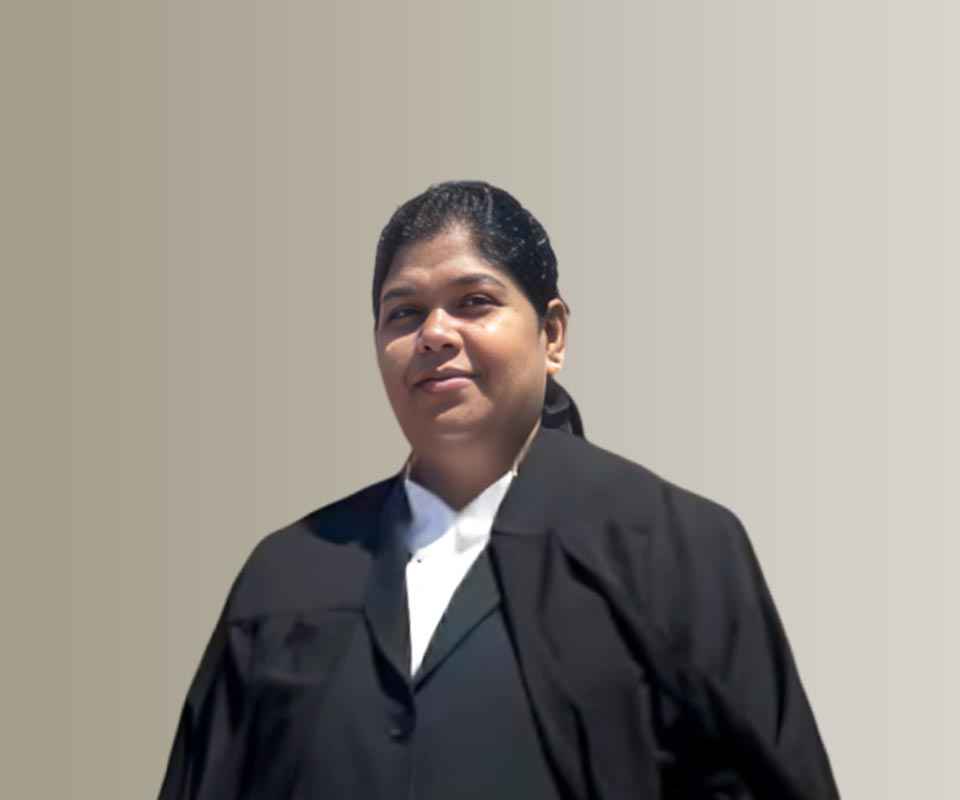Answer By law4u team
In most cases, once a divorce has been granted, it is considered final. However, in certain circumstances, it may be possible to reverse, annul, or appeal a divorce decree. These circumstances depend on the type of divorce, the grounds for the original divorce, and the legal procedures followed. While it is rare, there are specific legal avenues through which a divorce can be reversed or challenged in Indian courts.
1. Mutual Consent Divorce and the Possibility of Reversal
In cases of mutual consent divorce under Section 13B of the Hindu Marriage Act, the divorce is generally final once the court issues the decree. However, the parties can still approach the court for revocation of the divorce under specific conditions:
- Before the decree is passed: If the divorce decree has not been finalized by the court, the parties can reconcile and withdraw the divorce petition.
- After the decree: Once the divorce is finalized, it is very difficult to reverse it. However, if one party can prove that they were coerced into signing the divorce petition or were under duress, they might seek to annul the divorce. But this is a rare occurrence and requires compelling evidence.
2. Contested Divorce and Appeal
In the case of a contested divorce, where one party has sought divorce on specific grounds (such as cruelty, adultery, desertion, etc.) and the other party disagrees, the decision of the family court can be challenged in an appellate court.
- Appealing the Divorce Decree: The party that disagrees with the family court’s decision can file an appeal in the High Court under Section 19 of the Family Courts Act, 1984. The appeal must be filed within 90 days from the date of the divorce decree.
- Grounds for Appeal: An appeal can be made on the grounds that the family court made an error in law or fact, or if there is new evidence that could alter the decision.
If the appeal is successful, the High Court may set aside or modify the divorce decree.
3. Setting Aside a Divorce Decree
In certain cases, a divorce decree can be set aside under Section 13 of the Civil Procedure Code (CPC) if there is a mistake or irregularity in the judgment. For example:
- Fraud or Misrepresentation: If one party can prove that the divorce was obtained through fraud, misrepresentation, or coercion, the court may set aside the decree.
- Non-Appearance: If a party was not aware of the divorce proceedings or was not represented in court (due to reasons such as not being notified or ill-health), they can file an application to set aside the decree.
The court will review whether the conditions for setting aside the decree are met. However, this process involves legal formalities and must be supported by sufficient evidence.
4. Annulment of Marriage
In certain circumstances, a marriage may be annulled rather than divorced. Annulment is a declaration that the marriage was invalid from the outset, and it is different from a divorce, which ends a legally valid marriage. Grounds for annulment include:
- Fraud or Misrepresentation: If one spouse fraudulently concealed essential facts, such as an existing marriage or a criminal record, the marriage may be annulled.
- Mental Incapacity: If one spouse was not mentally fit to understand the nature of marriage, the marriage can be annulled.
An annulment is not technically a reversal of a divorce but a declaration that the marriage was never valid.
5. Judicial Review and Reversal of Divorce Orders
In exceptional cases, if the divorce decree violates public policy or is against the principles of natural justice, the matter can be taken to a higher court for judicial review. However, judicial reviews are very rare and only granted in cases where there has been a clear miscarriage of justice.
6. Remarriage and Reconciliation
While a divorce decree itself may not be reversed, the parties may choose to reconcile or remarry after a divorce. If the parties have remarried, they could seek a reconciliation or try to resolve their differences through mutual agreement. However, this does not legally reverse the divorce; rather, it marks a new beginning for the couple.
Examples
- Appealing a Contested Divorce: A husband contests a divorce that was granted on grounds of cruelty. He feels the court erred in its judgment and did not consider his defense properly. He appeals the decision to the High Court, and after review, the High Court overturns the family court’s decree and grants the couple a chance to reconcile.
- Setting Aside a Divorce Decree: A wife, who was unaware of her husband’s divorce petition due to an improper notice being sent, petitions the court to set aside the divorce decree. The court accepts her argument and reopens the case, allowing her the opportunity to contest the divorce.
Conclusion
Once a divorce decree has been granted, it is difficult to reverse it. However, there are specific circumstances under which a divorce may be appealed or set aside, including grounds like fraud, coercion, misrepresentation, or an appeal on legal grounds. The best course of action if seeking to reverse or challenge a divorce decree is to consult with a family law attorney who can evaluate the situation and advise on the appropriate legal remedy, whether through appeal, annulment, or a judicial review.







